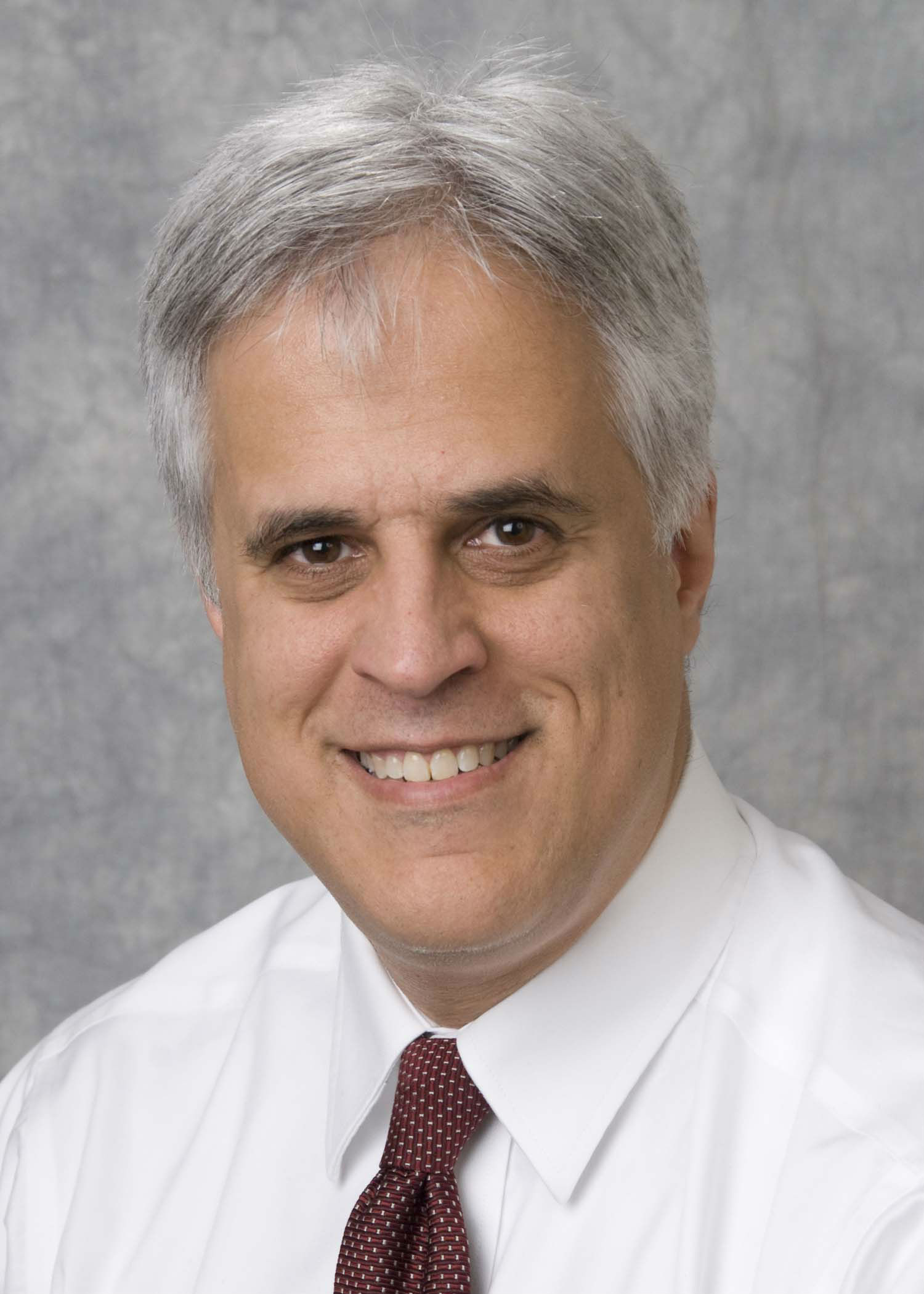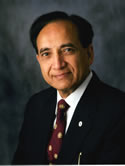A comparison of intensity-modulated radiation therapy and concomitant boost radiotherapy in the setting of concurrent chemotherapy for locally advanced oropharyngeal carcinoma Journal Article
| Authors: | Lee, N. Y.; De Arruda, F. F.; Puri, D. R.; Wolden, S. L.; Narayana, A.; Mechalakos, J.; Venkatraman, E. S.; Kraus, D.; Shaha, A.; Shah, J. P.; Pfister, D. G.; Zelefsky, M. J. |
| Article Title: | A comparison of intensity-modulated radiation therapy and concomitant boost radiotherapy in the setting of concurrent chemotherapy for locally advanced oropharyngeal carcinoma |
| Abstract: | Purpose: The aim of this study was to compare toxicity/efficacy of conventional radiotherapy using delayed accelerated concomitant boost radiotherapy (CBRT) vs. intensity-modulated radiotherapy (IMRT) in the setting of concurrent chemotherapy (CT) for locally advanced oropharyngeal carcinoma. Methods and Materials: Between September 1998 and June 2004, a total of 293 consecutive patients were treated at our institution for cancer of the oropharynx. Of these, 112 had Stage III/IV disease and squamous cell histology. In all, 41 were treated with IMRT/CT and 71 were treated with CBRT/CT, both to a median dose of 70 Gy. Most common CT was a planned two cycles given every 3 to 4 weeks of cisplatin, 100 mg/m2 i.v., but an additional cycle was given to IMRT patients when possible. Both groups were well-matched for all prognostic factors. Results: Median follow-up was 46 months (range, 3-93 months) for the CBRT patients and 31 months (range, 20-64 months) for the IMRT group. Three-year actuarial local-progression-free, regional-progression-free, locoregional progression-free, distant-metastases-free, disease-free, and overall survival rates were 85% vs. 95% (p = 0.17), 95% vs. 94% (p = 0.90), 82% vs. 92% (p = 0.18), 85% vs. 86% (p = 0.78), 76% vs. 82% (p = 0.57), and 81% vs. 91% (p = 0.10) for CBRT and IMRT patients, respectively. Three patients died of treatment-related toxicity in the CBRT group vs. none undergoing IMRT. At 2 years, 4% IMRT patients vs. 21% CBRT patients were dependent on percutaneous endoscopic gastrostomy (p = 0.02). Among those who had ≥20 months follow-up, there was a significant difference in Grade ≥2 xerostomia as defined by the criteria of the Radiation Therapy and Oncology Group, 67% vs. 12% (p = 0.02), in the CBRT vs. IMRT arm. Conclusion: In the setting of CT for locally advanced oropharyngeal carcinoma, IMRT results in lower toxicity and similar treatment outcomes when compared with CBRT. © 2006 Elsevier Inc. All rights reserved. |
| Keywords: | adult; cancer survival; human tissue; treatment outcome; aged; aged, 80 and over; middle aged; survival analysis; survival rate; human cell; major clinical study; overall survival; cancer localization; intensity modulated radiation therapy; percutaneous endoscopic gastrostomy; cisplatin; advanced cancer; multimodality cancer therapy; treatment duration; antineoplastic agents; cancer radiotherapy; disease free survival; radiation dose; combined modality therapy; chemotherapy; follow up; metastasis; radiotherapy; prevalence; risk factors; oncology; histology; risk assessment; head and neck cancer; imrt; computerized tomography; xerostomia; disease free interval; radiotherapy, conformal; drug therapy; patient treatment; new york; time series analysis; endoscopy; oropharynx carcinoma; oropharyngeal neoplasms; head-and-neck cancer; oropharyngeal carcinoma; squamous cell; intensity-modulated; concomitant boost |
| Journal Title: | International Journal of Radiation Oncology, Biology, Physics |
| Volume: | 66 |
| Issue: | 4 |
| ISSN: | 0360-3016 |
| Publisher: | Elsevier Inc. |
| Date Published: | 2006-11-15 |
| Start Page: | 966 |
| End Page: | 974 |
| Language: | English |
| DOI: | 10.1016/j.ijrobp.2006.06.040 |
| PUBMED: | 17145527 |
| PROVIDER: | scopus |
| DOI/URL: | |
| Notes: | --- - "Cited By (since 1996): 60" - "Export Date: 4 June 2012" - "CODEN: IOBPD" - "Source: Scopus" |
Altmetric
Citation Impact
BMJ Impact Analytics
MSK Authors
Related MSK Work












